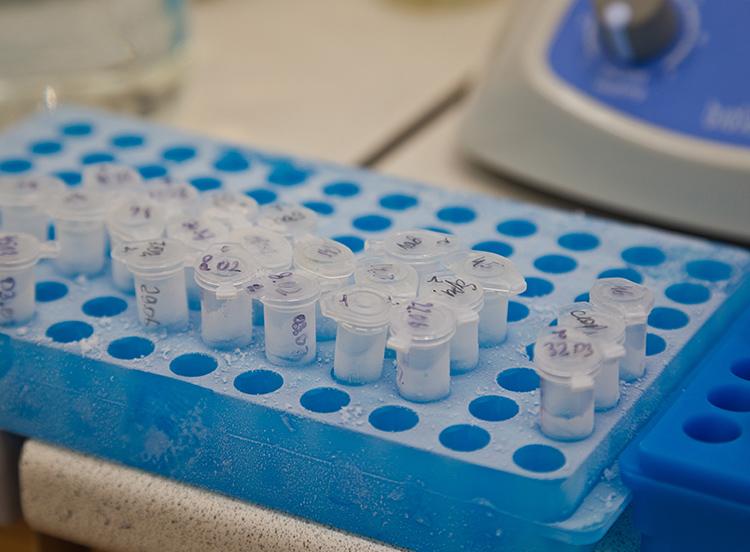
Non-Invasive Cancer Screening
Novel technological developments and profound new perceptions of molecular allow researchers and developers to evaluate genetic, epigenetic, and other potential molecular biomarkers for gastrointestinal cancers. Noninvasive molecular biomarkers from feces show huge potential for cancer screening, however it is also acknowledged that feces is one of the most challenging specimen types. The difficulty in obtaining high-quality DNA and RNA for molecular analysis is due to its containing large quantities of digestive enzymes that destroy DNA and RNA prior to, and during, their extraction. In addition, numerous DNA and RNA contaminants can interfere with subsequent molecular analysis and many nucleic acid inhibitors hamper subsequent PCR amplification and NGS procedures. Moreover, the gut flora accounts for about 60-70% of the dry weight of feces and gut flora DNA creates huge obstacles by interfering with pathogen targeted PCR and gene sequencing. Current commercial kits/fecal DNA extraction platforms do not produce sufficient quality or quantity DNA. AML has developed a proprietary fecal sample DNA extraction methodology (SupFecal™) that provides a superior quality nucleic acid and facilitates the downstream DNA/RNA based testing and analysis for cancer screening.